Ahmed Kamel
Egypt is fully committed to repaying foreign debt, which is within safe limits. The nation’s foreign reserves stood at $35.219 billion in December, according to data from the Central Bank of Egypt (CBE).
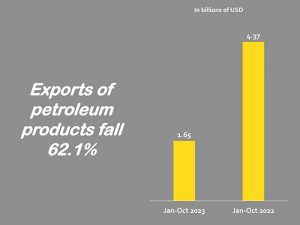
In a bid to ensure an effective macroeconomic policy, the CBE in collaboration with the Ministry of Finance and the Egyptian Exchange, the Financial Regulatory Authority (FRA) and local banks, has finalised the third phase of upgrading a mechanism for primary market issuances of government securities.
The CBE has also upgraded a mechanism for executing and settling secondary market transactions, transferring the depositing and settling processes to Misr for Central Clearing, Depository and Registry (MCDR).
These new measures are expected to the developing and boosting the efficiency of dealing with government debt instruments (treasury bills and bonds) to keep pace with international standards and practices in this regard.
Moreover, they are designed to lure new investors from the local and foreign financial markets, creating a competitive environment for fair pricing of securities.
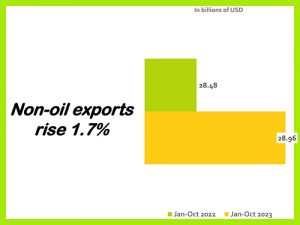
The CBE, MIDOR and the Egyptian Exchange have updated their technological infrastructure systems by the adoption of new mechanisms and features for implementing and settling primary market transactions as well as secondary market operations for depositing Egyptian treasury bills and bonds.
The Ministry of Finance is currently relying more on short-term debt instruments than long-term ones to avoid burdens of high interest rates.
The average yield on Egypt’s 3-month government treasury bills stood at 25.8 per cent in January. Average yield on 6-month T-bills totaled 25.96 per cent in January, according to data from the Ministry of Finance.
Average yield on 3-year treasury bonds has reached 23.98 per cent. Moody’s expects the country’s track record of fiscal reform implementation capacity to help unlock further financial support from the International Monetary Fund (IMF).
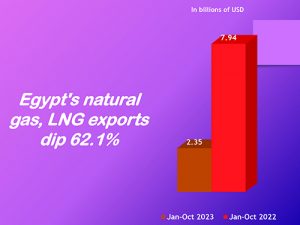
The rating agency has revised its outlook on Egypt to “negative” from “stable”, citing increasing risks that the country’s credit profile will continue to weaken amid difficult macroeconomic and exchange rate rebalancing.
Centamin produces 450,058 oz
Egypt’s Centamin produced 450,058 ounces (oz) in 2023 in line with guidance, the company said in a statement, made available to the Egyptian Mail.
The company posted annual revenues worth $892 million, while gold sales totaled 133,465 oz at an average realised gold price of 1,983/oz sold.

“In 2023, Centamin delivered another excellent performance, underpinned by our improved safety results. We have extended our track record of meeting production guidance to a third year and importantly through our culture of continuous improvement we have beaten our all-in sustaining costs (AISC) guidance for 2023,” the company’s CEO, Martin Horgan, said in the statement.
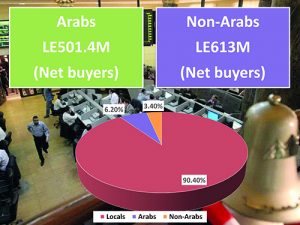
“We look forward to 2024, guiding for another increase in annual gold production. Combined with our disciplined approach to managing operating costs, Centamin is extremely well-positioned to benefit from the current strong gold price environment, as we complete our capex reinvestment programme and connect Sukari to the Egyptian national grid,” he added.
Centamin’s mineral reserves increased by 3.5 million ounces since 2020, before depletion, and exceeding the company’s stated multi-year target of 3 million oz. This growth has been driven by an increase in Sukari reserves by approximately 1.6 million oz.
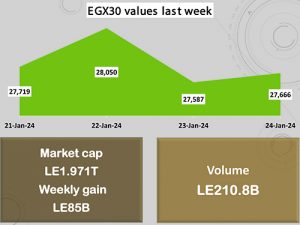



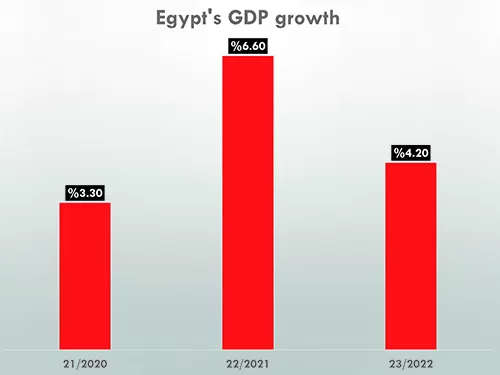


Discussion about this post